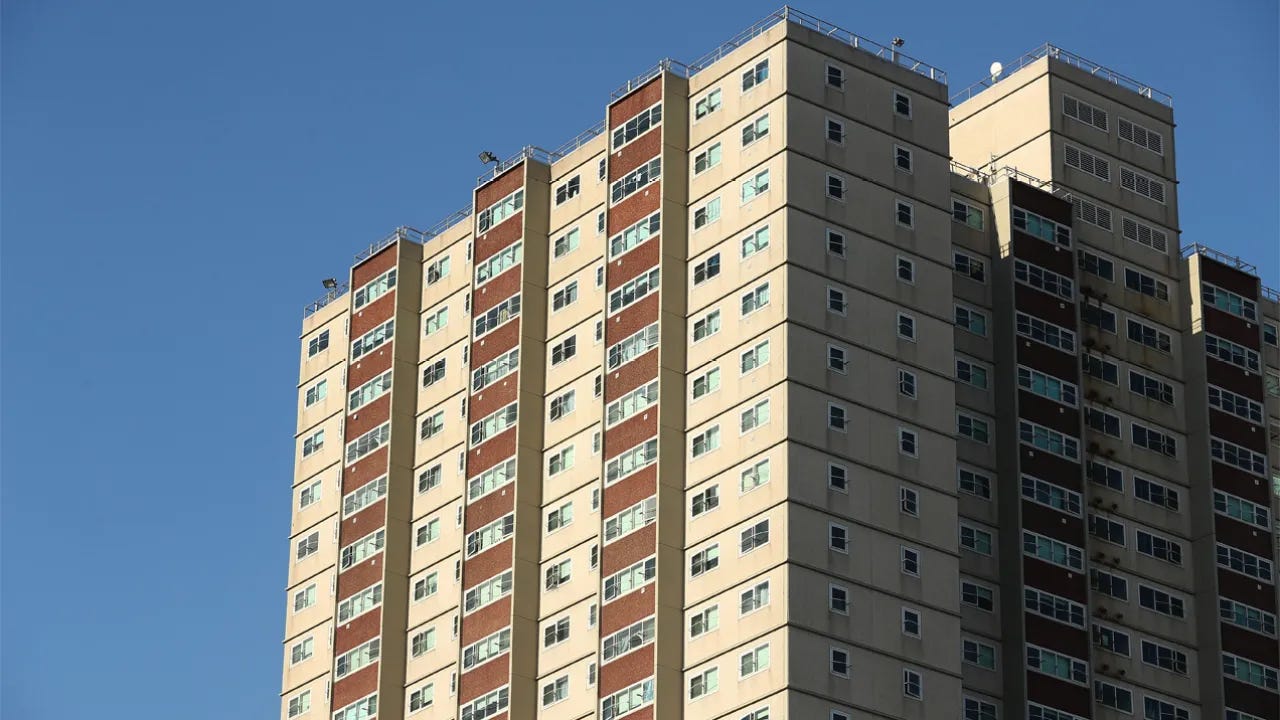Stable housing the key to reducing recidivism
Stable housing is one of the most important factors in determining whether someone will return to prison - allowing someone who is incarcerated to keep their public housing makes sense.
“Jailhouse shock”, the front page of the Herald Sun proclaimed on Monday.
The shock? The fact that people living in public housing in Victoria are able to keep their home when they are incarcerated on a sentence of up to six months.
Splashed as an exclusive, the paper labelled these people serving six month sentences as “serious criminals”, and revealed that less than 100 public housing tenancies had a temporary absence for these reasons.
Similar public housing rules exist in every other Australian state and territory as well. The same six-month temporary absence is allowed in New South Wales, while in Queensland the timeframe is five months.
The presence of stable housing for an individual being released from prison is a key element in them not returning to prison, a crucial factor in reducing recidivism. This has been found in numerous studies, including by Corrections Victoria in 2018.
The report, undertaken by the Australian Institute of Criminology, found that multiple studies have confirmed that people being released from prison into stable housing are less likely to reoffend than those in unstable accommodation or experiencing homelessness.
The Australian Housing and Urban Research Institute has also found that post-release housing assistance, in the form of public housing, is a “powerful lever” in reducing the imprisonment to homelessness cycle.
The study found that people released from prison who have public housing were significantly less likely to reoffend and return to prison. The study also found that the economic benefits of reducing recidivism reduce the costs of providing public housing.
Having stable housing is crucial upon release from prison, a spokesperson for VACRO said.
“Secure and stable housing for people leaving prison is essential for creating new beginnings and stronger communities,” they said.
“Approximately half of all people leaving prison don’t have a stable home to go to. While in prison, you may have planned to get a job, or go to TAFE, or get joint custody of your kids - but without stable housing you can’t make any of that happen.
“Evidence shows that housing gives people the platform they need to create a new life that’s meaningful to them and their family. They can attend to their health, secure work, and contribute to their communities. And that inevitably leads to reduced reoffending, and therefore safer communities - and less spending on courts and prisons.”
A lack of public housing is also keeping people in prison for longer than they need to be, with people regularly denied parole because they have no accommodation outside of prison.
The most recent Parole Board annual report revealed that almost a third of all parole denials in the last year were due to an absence of suitable accommodation, while one in four people in prison who withdrew their parole applications did so due to a lack of housing.
Housing is a crucial factor in assisting someone in being released from prison, and in ensuring that they do not return to prison. This is a clear social benefit, and also brings with it economic benefits of lowering incarceration numbers.

